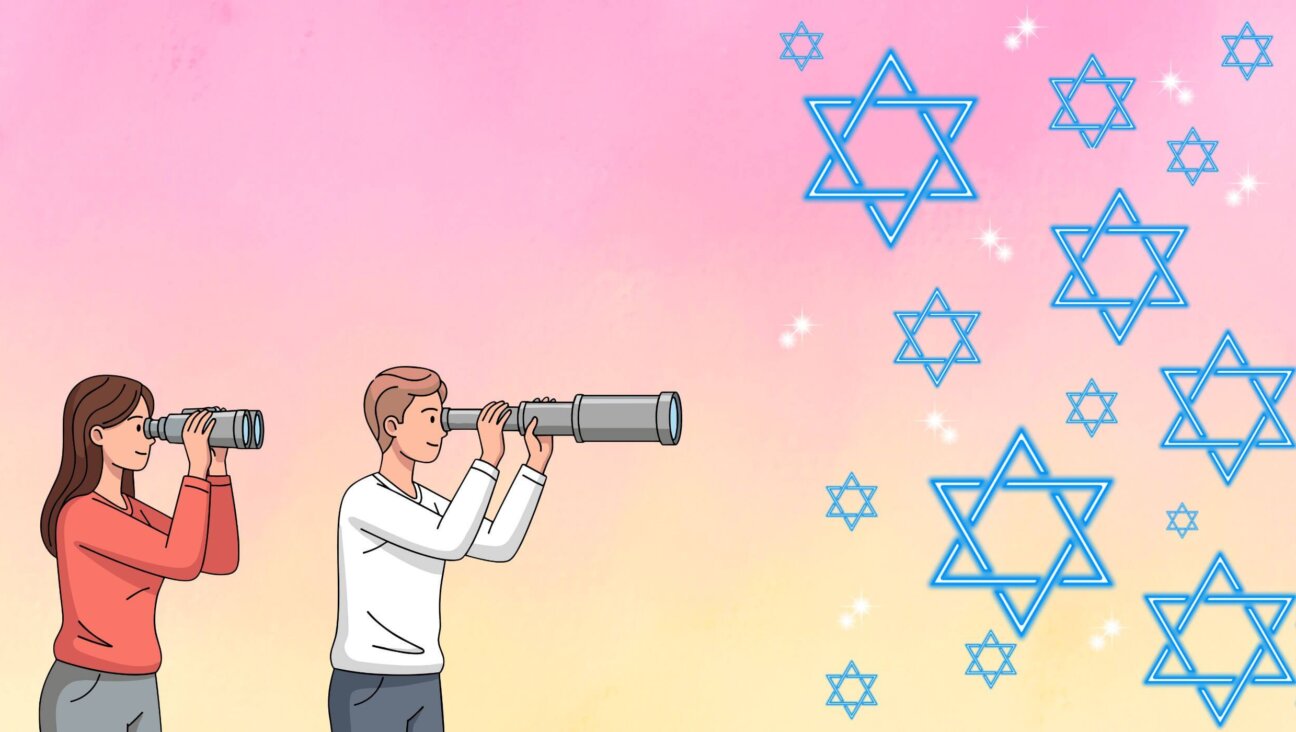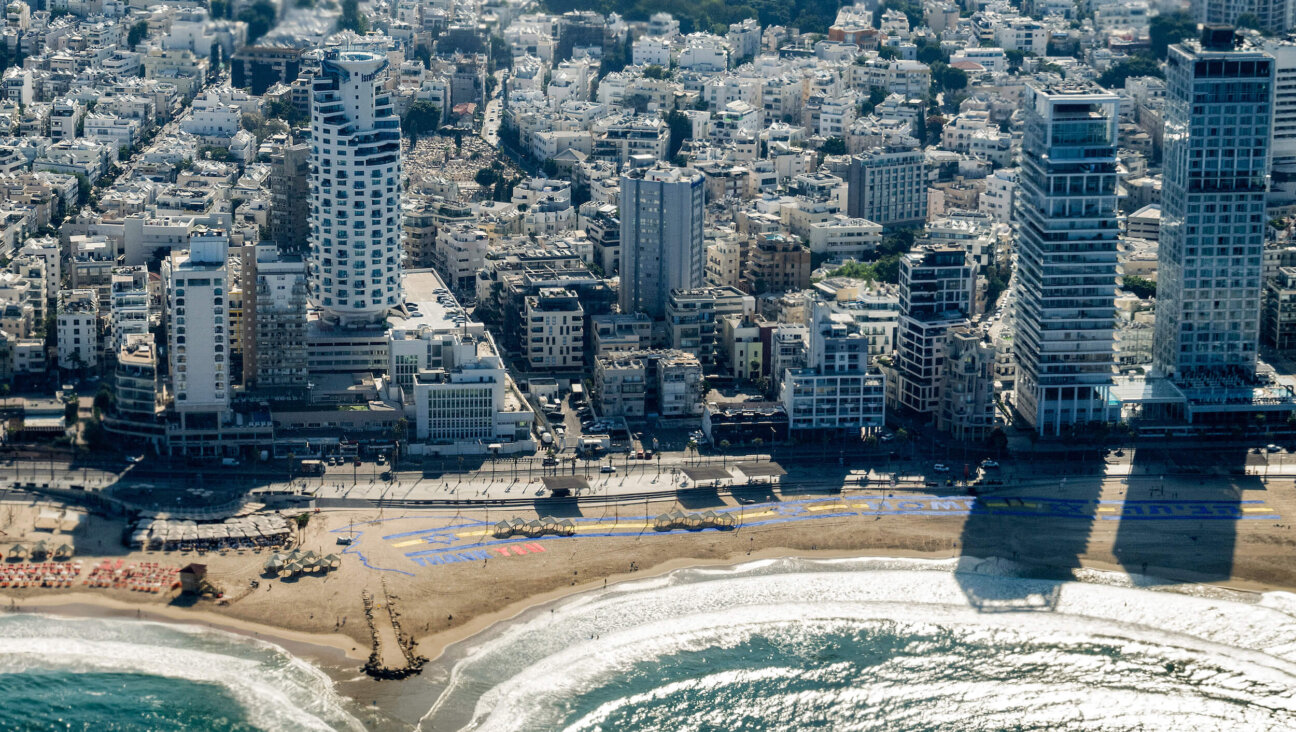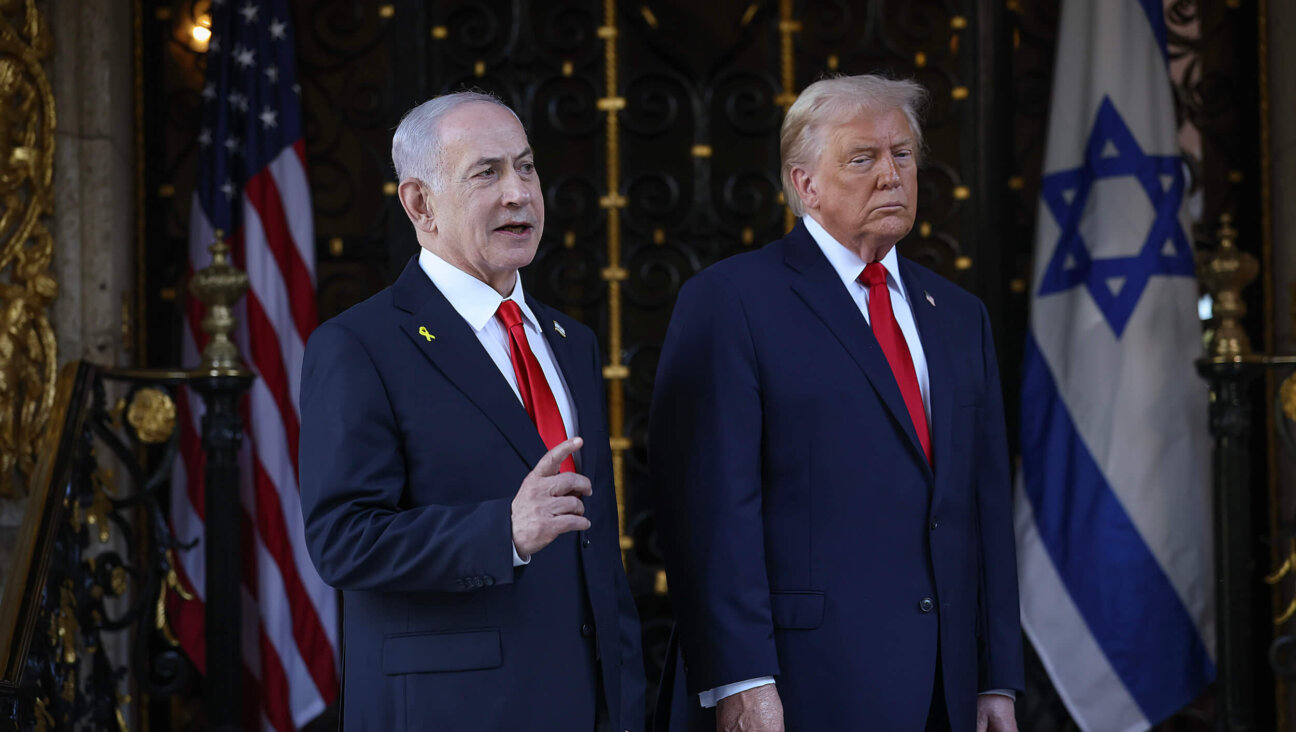The Puzzle of Algiers
Algiers, the city once synonymous with armed Arab insurgency, recaptured its status this week, if only for a moment, as a symbolic ground zero in the shadowy drama we call the war on terror. The grotesque carnage visited on the Algerian capital Tuesday morning — two simultaneous car bombs, close to 70 dead, most of them either schoolchildren or United Nations refugee workers — caused people around the world to catch their breath for a moment at the macabre senselessness of it.
A moment later, many of us shook our heads in confusion and tried to remember why this day was different. With Islamic extremists setting off bombs almost daily in Iraq, Pakistan, Afghanistan, Lebanon, Turkey and heaven knows where else, why should the bloodshed in Algiers stand apart?
Algiers stood apart because it embodied, in agonizingly precise microcosm, the dreary evolution of this global conflict over the decades. In the 1950s, Algeria became an international symbol of anti-colonial struggle during its eight-year independence war against France, perhaps the bloodiest struggle of any emerging Arab state.
After 30 years of faux-socialist dictatorship, the military succumbed to the post-Soviet rush of idealism and decided in 1994 to democratize and hold elections. At the last minute the generals realized — as others would later find in Iraq, Lebanon, Palestine and elsewhere — that the elections were going to be swept by Islamic fundamentalists bent on imposing Iranian-style theocracy. The junta canceled the elections.
Civil war ensued. The army vowed to root out the Islamists and prepare the nation for secular democracy. Ten years later, facing stalemate, the government declared the war over and announced a general amnesty. But the Islamists turned it down; they had by now morphed from a local theocratic party into a branch of Al Qaeda bent on world jihad.
This week, with their bombs, they announced their goals. They are at war with France, Europe and Western infidels. They are at war with schoolchildren. They are at war with the world, as embodied in the humanitarian programs of the United Nations.
Now Algeria’s rulers must decode the lessons. Did they miss an opportunity a decade ago to tame the Islamists and bring them inside, before they morphed into a monster? Or did they merely unmask this week the true face of a monster that they and the world have no choice but to fight to death? And if it is a fight to the finish, just what would that mean?
Coincidentally or not, Israel faced much the same dilemma this past Tuesday morning. An armored Israeli column was sent deep into Gaza that day to dismantle rocket crews under fundamentalist Hamas control. Israel was due the very next day to enter renewed urgent peace talks with the Palestinian Authority. The Gaza incursion, they knew, was bound to sour the talks’ opening. Palestinian leaders, however anti-Hamas, cannot ignore street anger over an Israeli incursion — any more than an anti-settlement Israeli government can ignore a terrorist attack on settlers.
Hence, the dilemma: Israel’s government cannot afford to overlook persistent rocket attacks on its cities, particularly when it is about to discuss painful concessions to the Palestinians. But the Palestinian leadership cannot afford to ignore armed incursions into its territories, particularly when it is about to discuss painful concessions to Israel. The peace talks are thus hostage to Hamas. And Israel cannot let itself talk to Hamas.
Or can it?
Some Israelis say it’s time to engage Hamas, in hopes of moderating its positions, before it spins into Al Qaeda’s orbit. Others, a majority, insist it’s suicidal to talk to Hamas; it will only legitimize Israel’s sworn enemies. Each side warns that the other path leads to disaster, but they’re both guessing, and no one can know the answer until it’s too late.
What to do? Well, they might try asking the Algerians. They’ve got years of experience — and they still don’t have a clue.
















